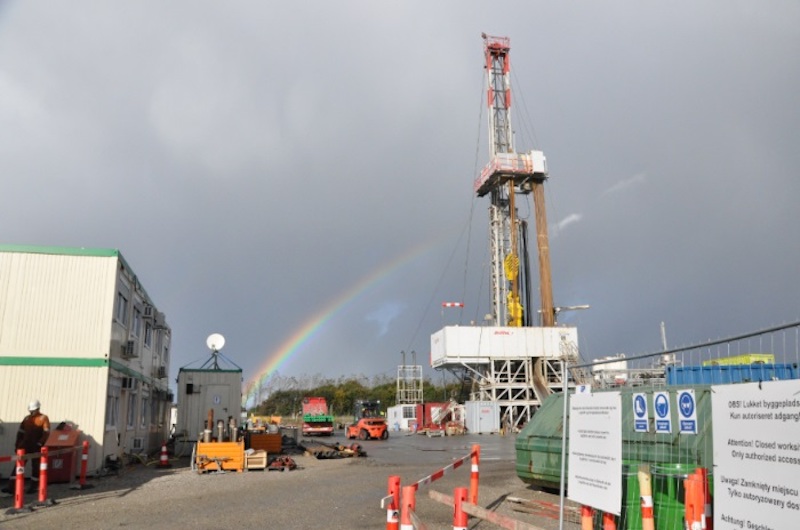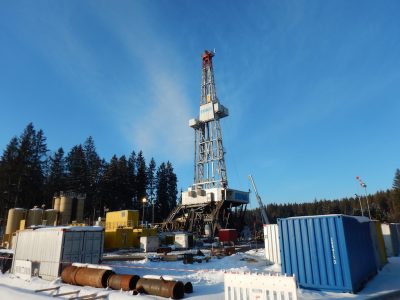New price regulation brings hope for geothermal heating push in Denmark
A new price regulation model introduced in Denmark could bring a push for geothermal development in Denmark, so Soren Berg Lorenzen of Dansk Fjernvarme.
But despite Varmeplan Danmark 2021 (Heating plan for Denmark) recently showing that the technology can contribute significantly to the green conversion and the spread of district heating, the big breakthrough for geothermal energy is still to come.
Therefore, Dansk Fjernvarme also welcomes the new political agreement on price regulation for geothermal energy, which was adopted in December 2021.
For a long time we have had a desire to also be able to utilize geothermal heat for district heating production in an agreement model where the geothermal plant is established and operated by an external partner, while the district heating company only buys the heat produced “by the fence” at an agreed price. it sounds from the heating manager in Dansk Fjernvarme, Søren Berg Lorenzen.
New checklist model
But the Heat Supply Act and especially the substitution price principle did not take this model into account, as it did not give the owner and operator of the geothermal plant security for the agreed price during the agreement period, which due to the large investments will typically be very long. – With the new political agreement, it is planned that the district heating company can apply to be exempted from the current price regulation and instead use the new checklist model, says Søren Berg Lorenzen.
The new checklist model takes into account the protection of consumers through a price ceiling agreed between the parties to a contract, a sharing of efficiency gains as well as approval and subsequent supervision by the Danish Supply Agency.
At the same time, the previous model is maintained, which in practice calls for more active involvement on the part of the district heating companies.
However, if the district heating companies themselves are to have the opportunity to become more active in the establishment and operation of geothermal plants, it is necessary to significantly strengthen the national guarantee scheme for geothermal wells – a scheme which, under the current framework, has had no search, and which is therefore also under evaluation, says Søren Berg Lorenzen and points out that better coherence should also be created in the regulation, where the current procedure for granting exclusive rights under the Underground Act does not take into account that the supply of district heating is a natural monopoly, which is regulated very tightly by the Heat Supply Act.
Finally, Søren Berg Lorenzen points out that this is a special issue for geothermal energy, which has been addressed through the new price regulation. Therefore, there is no immediate reason to extend the checklist model to other technologies or energy sources.
Source: Dansk Fjernvarme


















